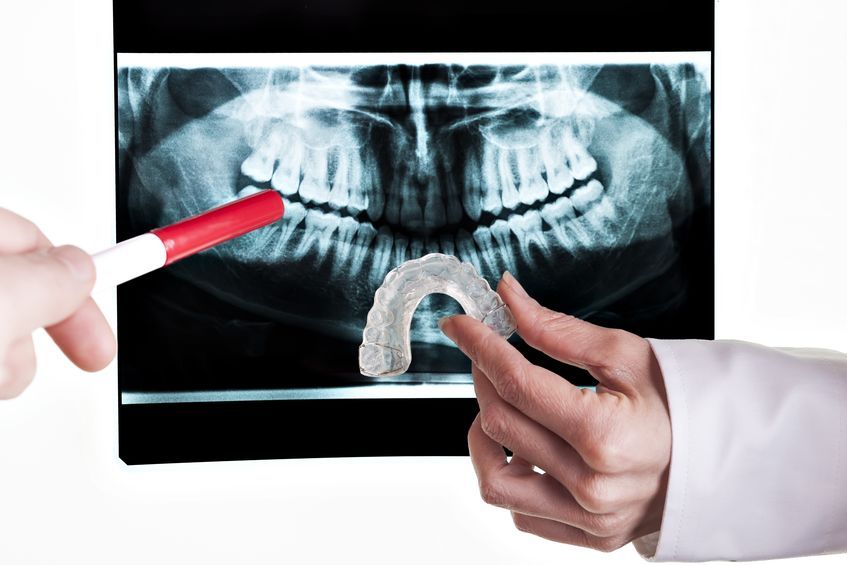Tired Of Grinding Your Teeth? How to stop this unhealthy habit
- By Mary Marks
- •
- 02 Jan, 2019
- •

Have you ever been awakened in the middle of the night by your partner
that tells you to stop gnashing? Or perhaps you have found yourself clenching
your teeth while working? You are not alone. Teeth grinding, known in the
medical world as bruxism, is unhealthy, as it leads to cracked tooth enamel and
a higher amount of wear and tear than normally.
The first step you need to take is to speak to your dentist. If the habit has been present for a long time, there might be need for clinical treatment. Apart from this, a specialist at http://www.coloradosedation.com can advise you how to drop the habit altogether.
A particularly common cause is stress. Therefore, relaxing activities prove entirely beneficial. Stress relief can be achieved through therapy, as well as by taking up reading, listening to music, or a hobby. Warm tea also works wonders.
Being aware of the time you start gnashing ensures that you avoid doing it while you are awake. During sleeping, try using a bite splint, a medical device that wears down the mouth guard, instead of your teeth.
If none of these alternatives work, medication that relaxes the muscles is efficient in preventing the grinding of your teeth.





Although oral sedation dentistry Highlands Ranch is one of the optionsavailable for managing anxiety and discomfort during oral surgery, you certainly do not need to use it all the time. As a matter of fact, the exact type of sedation or anesthesia that you receive during oral procedures may depend on various factors, such as the complexity of the procedure, your medical problems, as well as your doctor’s preferences.
There can be several different levels of sedation that can be used in oral surgery. Local anesthesia is one of them. This involves injecting anesthetic medication into the specific area where the surgery will take place. It numbs the area and is often used for less invasive procedures.
Oral sedation involves taking medication in the form of a pill to induce a state of relaxation and drowsiness. The patient is still conscious, but he/she may not be fully aware of the procedure. At any rate, sedation helps him/her get rid of anxiety.
In the case of intravenous sedation, medication is administered through a vein, which induces a deeper state of sedation than oral sedation. Patients may still be conscious, but they are less aware of their surroundings and may not remember the procedure.





